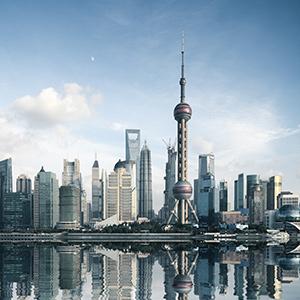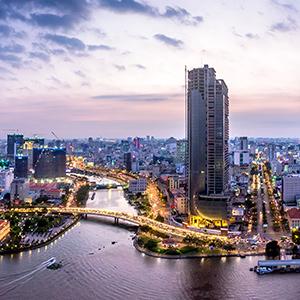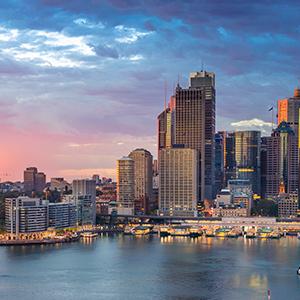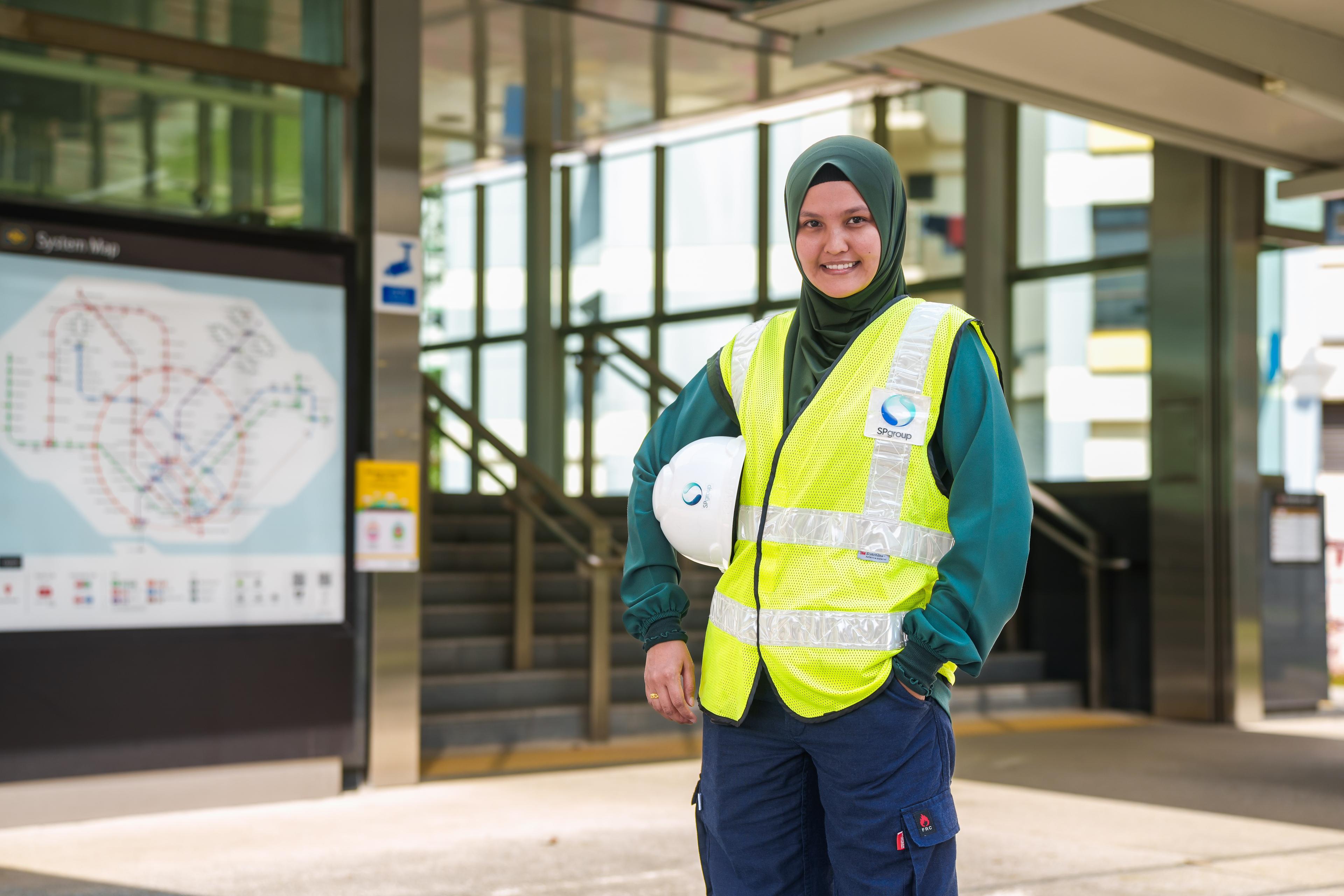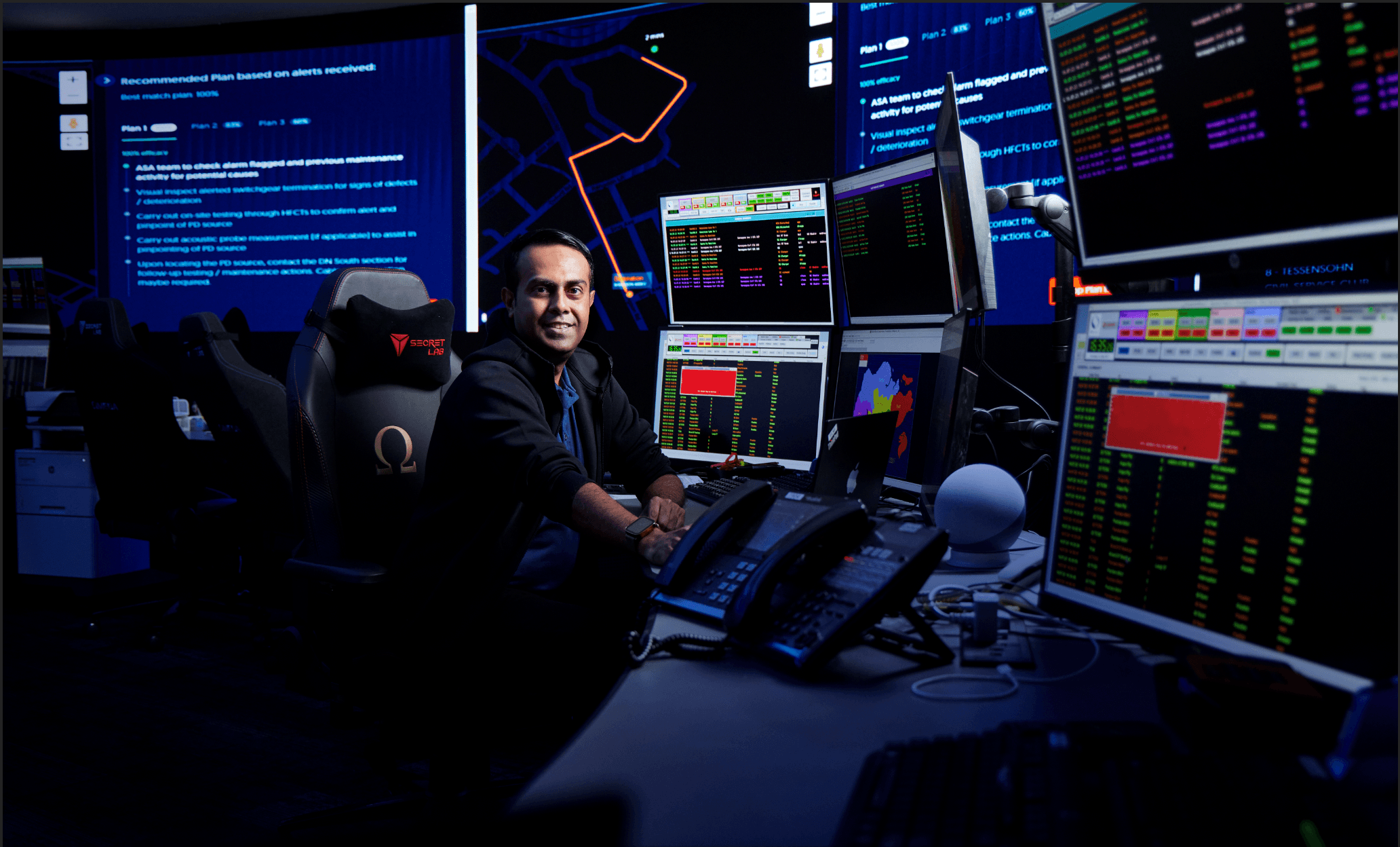Beyond the call of duty
Customer service is a key part of the job for 36-year-old Louis Ang Ming Hui, a Principal Engineer at SP Group’s Gas Distribution Pipeline Operations and Maintenance (DPOM) section.
Out of all the requests Louis had to attend to in his 11 years of service with SP, a peculiar one has been long etched in his mind – an elderly resident asking for hot drinking water amidst a widespread gas supply disruption. The resident was not accustomed to drinking room temperature water and had no alternative sources to boil water.
“He gave me a hot water flask so that I could bring it to the coffee shop nearby to fill with hot water for him,” recalled Louis. He realised these simple needs may often be taken for granted but could make a difference to residents.

The engineer also attends to residents affected by prolonged supply disruptions. While Louis has experienced his fair share of negative remarks, going the extra mile to make sure that the needs of affected residents are taken care of has always been his priority.
A mechanical engineering graduate from Nanyang Technological University, Louis was unfazed when he was offered a role as an Operations and Maintenance (O&M) engineer in Gas Operations, a field of work that was different from what he had studied. The learning curve in an unfamiliar environment was undoubtedly steep but he steadily grew accustomed to its workings which included troubleshooting and repairing pipelines affected by gas supply interruptions.

His next role took him to the mains renewal division, managing planned replacement of gas pipes according to a yearly basis.
"It was a different experience for me. When the new mains renewal team was formed, we were working on a tremendously tight timeline. I remember working late almost every night to ensure that we would meet our targets by the end of the financial year. After months of hard work, our team surpassed expectations and was filled with a sense of achievement.”

Now, after years of experience in different sections within SP, Louis is back to where he started at DPOM as a second-line officer on call to attend to emergencies after hours. What has changed since he first stint in this section is the way the emergency response team dealt with pipeline faults. In the past, engineers would have to dig a hole to find the gas pipe, followed by drilling to locate the fault. This process of digging and drilling is repeated until the fault is located. SP has since adopted new technologies such as the use of a specialised camera that can trace faults located up to a length of 50 meters, without unnecessary digging and drilling. This technology has significantly improved efficiency and enabled gas supply to be restored more swiftly to maintain overall network reliability.

On top of overseeing diverse projects, he is also on standby to attend to emergencies, about two weeks per month. This means that he often has to drop what he is doing to attend to incidents.
He said, “I once had to attend to a gas supply disruption on the third day of the Chinese New Year. It was rather stressful as celebrations came to an abrupt halt for our team and the affected residents. However, some residents offered us food and drinks as a token of appreciation for working on a holiday. Knowing that our efforts goes long way for the residents is a reward in itself.”

Even though Louis has been in this industry for more than a decade, there is always a new scenario at work to tackle. While there is no one-size-fits-all approach to the situations that occur, being able to find the root cause of the problem and tackling it as a team gives him satisfaction.
“I am grateful for colleagues who have been like family to me! Working collaboratively alongside everyone to complete a project collectively inspires me to be my best,” says Louis.

